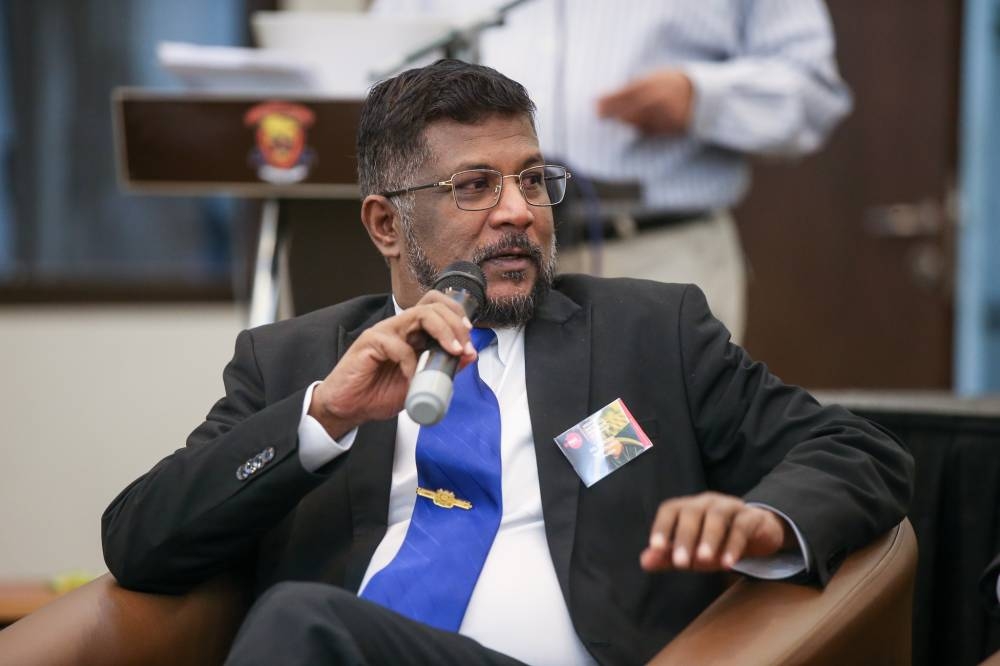KUALA LUMPUR, Oct 2 — The Bar Council and Malaysian Medical Council (MMC) should come together and form a registry of medical professionals who can write reports for legal cases and train those who are interested in doing so, suggested Dr Vicknes Waran while moderating a forum today.
Once such a registry exists, both sides involved in a court case can point to a single medical professional in a list to write the necessary medical report which would minimise the occurrence of a court being provided with conflicting medical reports by both sides in a court case, he said during a forum titled ‘The Ugly Truths’ held for the Malaysian Healthy Ageing Society (MHAS) Medical Disability Seminar.

“My question is: Should we have a registry of specialists who are willing to write reports?
“One of the suggestions we had in discussions is that possibly those who are already doing reports should register for it with their name, IC, things like that, also how many reports they have written (less than 10, 10 to 100, more than 100) and give a list of their last 10 reports so someone can check. This is for the grandfather clause — those who are already doing it.
“And then perhaps between the Bar Council and MMC or one of the organisations, they can set up a little course so anyone interested in coming in to start writing reports can attend these courses and get certified,” said the consultant neurosurgeon for University Malaya Medical Centre.
K. Siladass, one of the panellists who is also an advocate and solicitor, pointed out that courts already have a provision to appoint someone neutral in Order 40A in the Rules of Court 2012 and advocated for punitive measures to be taken when a medical professional writes a report not based on facts, but rather the instructions of the solicitor.
“Because if you talk about referring the matter to a disciplinary provisor, it will take a long time. But if you hit where it hurts, that is penalise them the costs by holding the solicitor personally liable, then things will move the right way,” he said.
He said that the best solution to prevent conflicting reports would be for a neutral third-party expert to be agreed upon by both parties to examine the plaintiff and patient and provide a report.
“However, this is a ‘progressive’ thought,” he said, adding that it was unlikely that the legal profession in its current form would follow.
Another panellist Dr Vaikunthan Rajaratnam, a senior consultant hand and micro surgery based in Singapore, also called for medical professionals to be punished when they provide courts with reports inconsistent with fact.
“Based on MMC guidelines, the expert witness is responsible to the court not to the defence or to the plaintiff,” he said.
He said that rejection of a false report is not enough, but punishment should follow to deter medical professionals from doing such a thing.
Panellist Dr Muruga Raj Rajathurai, the president of the Malaysian Medical Association (MMA) who also has a law degree and is the nephew of Siladass, suggested the formation of a committee where MMC sits in with other stakeholders and verify reports or have their own pool of doctors who can do it.
“Part of evidence is fixed such as when it comes to MRI scans, and opinions come from examination — but opinions cannot differ so much.
“So when there is a very big discrepancy, that means that it is maliciously done.
“But it is not only the doctor — some of the pressure can come from lawyers and the insurance as well,” he said.



















